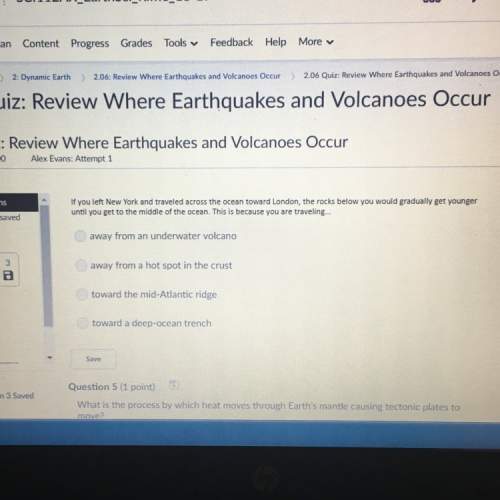
To emphasize the statistically random nature of our inheritance and the huge gene pool involved, consider this: how many ancestors did you have at the time of the american revolution? for convenience, let’s call this a 225-year period. let’s also allot 25 years to each generation - the time between one’s birth and the birth of his/her first child. (this is only a mathematical projection backward in time; there is no assumption that anyone today knows the identity of these individuals.)
twenty-five years might be an unrealistic estimate of generation time. let’s re-figure, using twenty years as the generation time, and, more nearly accurately, 240 years as the time span since the revolution. now how many ancestors do you predict?
either way, these are large numbers of people. here’s another surprise. as the numbers continue to double with each generation back in time, the predicted number of ancestors will eventually exceed the estimated population of the world at that time. how can this be explained?

Answers: 2


Another question on Biology

Biology, 21.06.2019 15:20
Barbara is converting 78°f to degrees celsius. first, she subtracts 32 from 78. what is the next step?
Answers: 1

Biology, 22.06.2019 04:30
Sexual reproduction in the parent cell will result in offspring with a) identical genetic information. b) half the genetic information. c) double the genetic information. d) four times the genetic information.
Answers: 1

Biology, 22.06.2019 05:20
Which description provides the best objective summary of the article in the passage?
Answers: 1

Biology, 22.06.2019 09:00
Which of the following types of stars are dim but can have high surface temperatures? giants main sequence stars supergiants dwarfs
Answers: 2
You know the right answer?
To emphasize the statistically random nature of our inheritance and the huge gene pool involved, con...
Questions


Mathematics, 04.01.2022 17:40

SAT, 04.01.2022 17:40


Engineering, 04.01.2022 17:40








Mathematics, 04.01.2022 17:50

SAT, 04.01.2022 17:50

English, 04.01.2022 17:50



Chemistry, 04.01.2022 17:50

Mathematics, 04.01.2022 17:50

Social Studies, 04.01.2022 17:50




